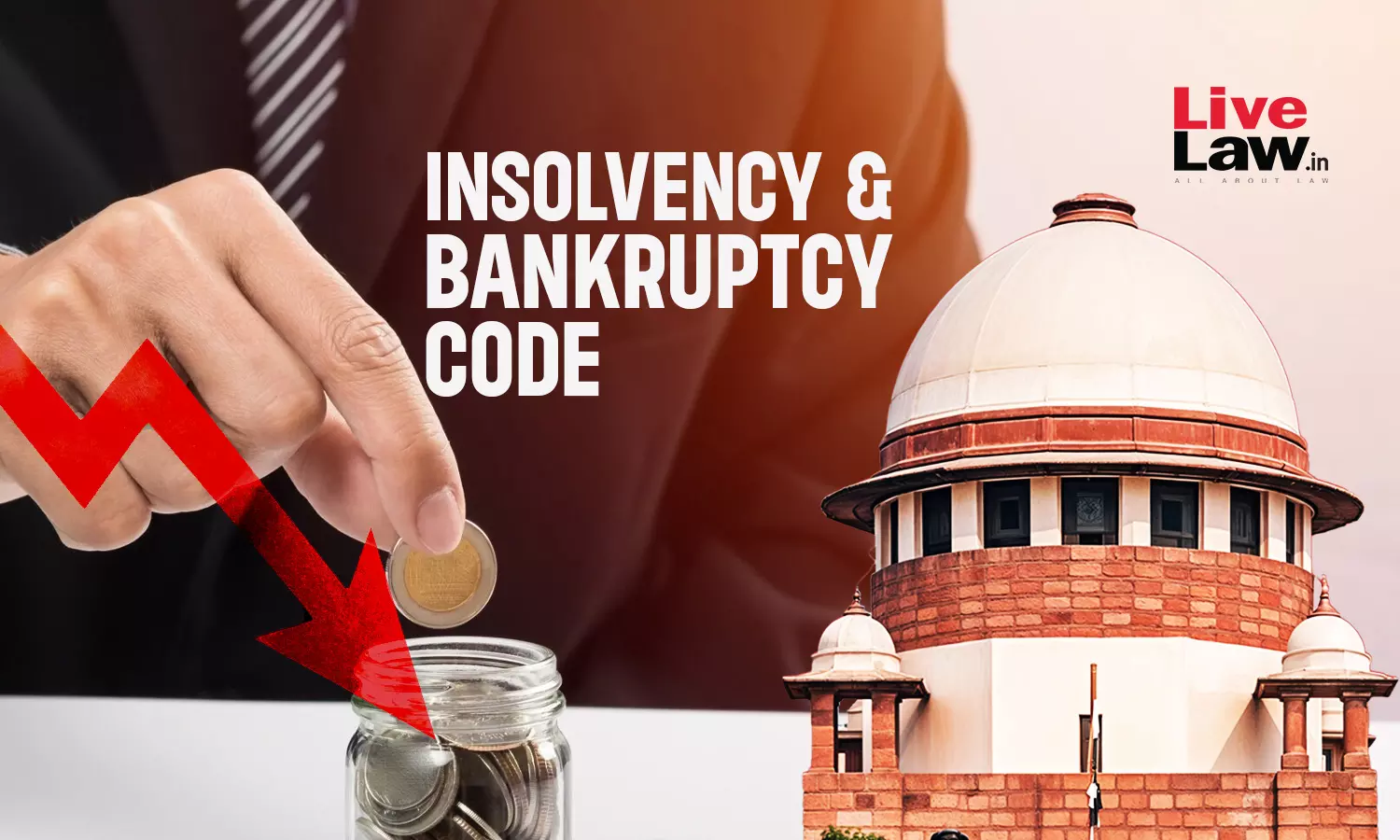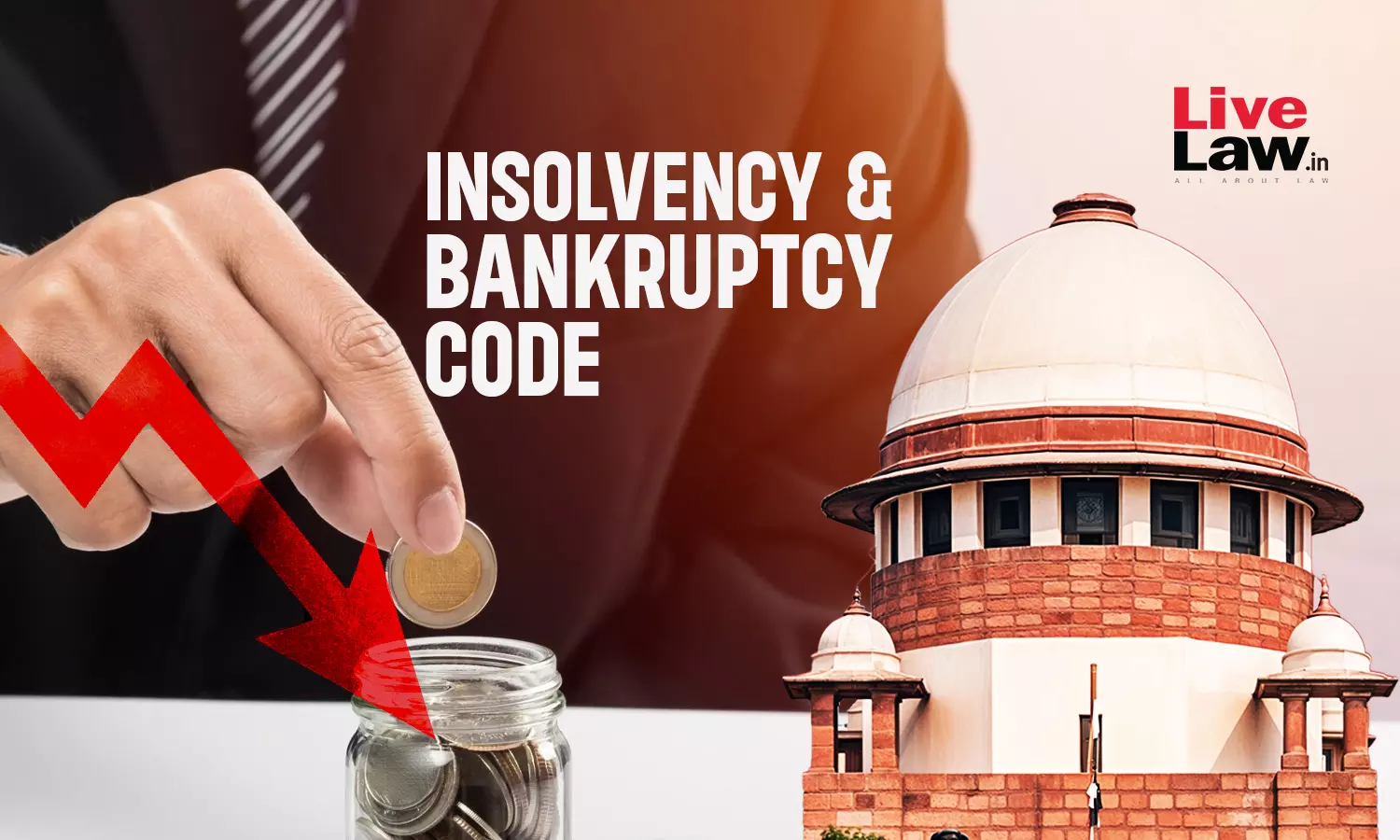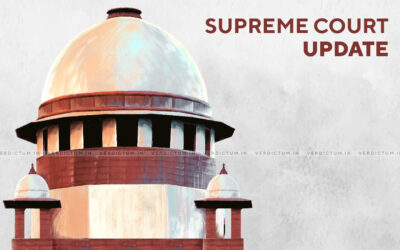IBC Moratorium Doesn’t Bar Voluntary Surrender Of Corporate Debtor’s Leased Property To Lessor: Supreme Court


The Supreme Court on Tuesday (August 5) held that the moratorium under the Insolvency and Bankruptcy Code, 2016 (IBC), does not bar the voluntary handover of property leased by the corporate debtor to the lessors if retaining the asset is deemed unviable and the Committee of Creditors (“CoC”) endorses the decision.
A bench comprising Justices Sanjay Kumar and S.C. Sharma set aside the NCLAT’s ruling, which had barred the recovery of the leased property during the moratorium, observing that the NCLAT had failed to give due weight to the commercial wisdom of the CoC.
“The commercial wisdom of the CoC must, accordingly, be given primacy during the CIRP. When UCO Bank, constituting the CoC, decided that retention of the possession of the subject property was not in the interest of the CIRP, that decision must be given the respect that is lawfully due to it.”the court said, relying on K. Sashidhar v. Indian Overseas Bank and others, (2019) 12 SCC 150.
The case stemmed from the CIRP triggered against the Corporate Debtor-Nandini Impex Pvt. Ltd., by the Financial Creditor UCO Bank in September 2022. The corporate debtor was occupying leased commercial premises (White House, Delhi) through Leave and License Agreements.
Following rent defaults and eviction suits, the CoC comprising only UCO Bank concluded that retaining the property was financially unviable for both the Corporate debtor and the bank; therefore, it recommended Resolution Professional to surrender the leased-out property to the lenders, and the National Company Law Tribunal (NCLT) approved the decision in August 2023.
However, Nandini Impex’s suspended director, i.e., the Respondent, challenged the surrender. The NCLAT reversed the NCLT’s order, citing Section 14(1)(d) of the IBC, which bars recovery of possession by lessors during moratorium.
Aggrieved by the NCLAT’s decision, the lenders approached the Supreme Court.
Setting aside the NCLAT’s findings, the judgment authored by Justice Sanjay Kumar restoring the NCLT’s decision observed that the present case was not of the coercive recovery from the corporate debtor, but it was a voluntary surrender of the leased-out premises to their owners based on the CoC recommendation by the Resolution Professional, not barred from the moratorium proceedings.
“Lastly, we may note that Section 14(1)(d) of the IBC states that once the adjudicating authority, by order, declares a moratorium, it would prohibit, amongst other acts, the recovery of any property by an owner or lessor where such property is occupied by or is in the possession of the corporate debtor. In the case on hand, the chronology of events manifests that, at its very first meeting held on 20.02.2023, the CoC discussed the issue of retention of the ground floor of White House. It asked the Resolution Professional to visit the said premises and decide as to whether holding on to the same was required, spending a huge amount towards rentals. Thereafter, at its third meeting held on 06.04.2023, the CoC took note of the Resolution Professional’s report that it was not feasible to hold on to the subject property, as only 8 to 9 staff members were there and the revenue generated would not be sufficient to pay the lease/license rentals. The CoC recorded that the matter was duly discussed and the Resolution Professional was asked to hand over possession as early as possible, as there was no requirement to hold on to the said premises spending such a huge amount towards rentals.”the court said.
“this was not a simple case of the owner of the property seeking recovery of possession thereof from the corporate debtor, which would be barred by the express language of Section 14(1)(d) of the IBC. On the other hand, as already noted hereinbefore, it was the CoC and the Resolution Professional who were and still are desirous of returning the possession of the property in question to the appellants, keeping in mind the adverse financial implications of retaining the same. It appears that Chandrakant Khemka, respondent No. 1, who is not willing to personally bear the expenditure for such retention, is bent upon stalling that process for some undisclosed and extraneous reasons.”the court observed.
Accordingly, the Appeal was allowed, and NCLT’s decision to surrender possession to the owners was restored.
Cause Title: Sincere Securities Private Limited & Ors. Versus Chandrakant Khemka & Ors.
Citation : 2025 LiveLaw (SC) 774
Click here to read/download the judgment
Appearance:
For applelant (s) Mr. Siddharth Bhatnagar, Sr. Adv. Mr. Ashish Choudhuri, Aor Mr. Aditya Sidhra, Adv. Mr. Akash Agarwal, Adv. MS. Sulekha agarwal, adv. Mr. Abhishek Arora, Adv. MS. Prachi Grover, Adv.
For Respondent (s) MS. Arundhati Katju, Sr. Adv. Mr. Aman Gupta, Aor Mr. Anup kashyap, adv. Mr. Shambo Nandy, Aor Mr. Partha Sil, Aor Mr. Utkarsh Dwivedi, Adv. Mr. Srijit Datta, Adv.

